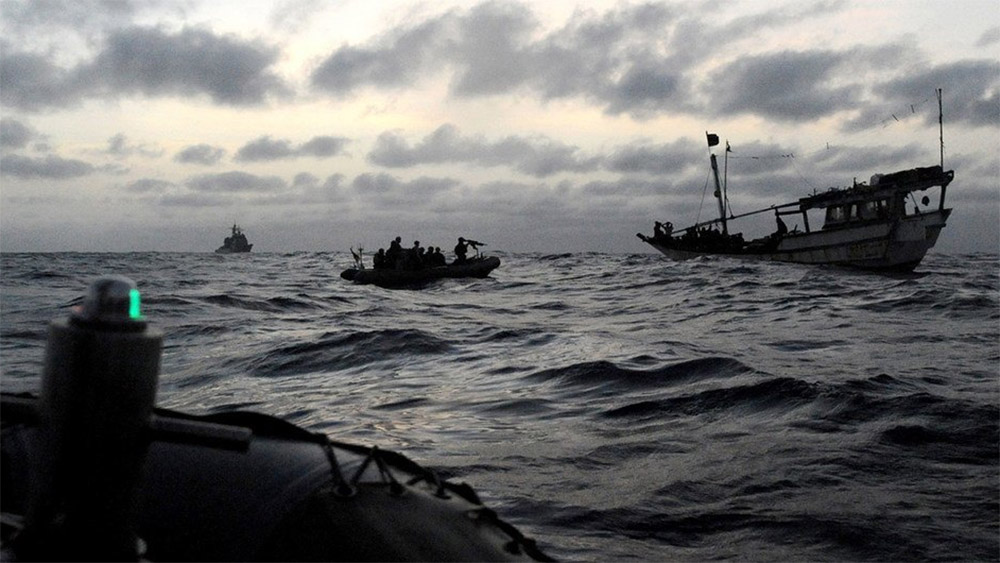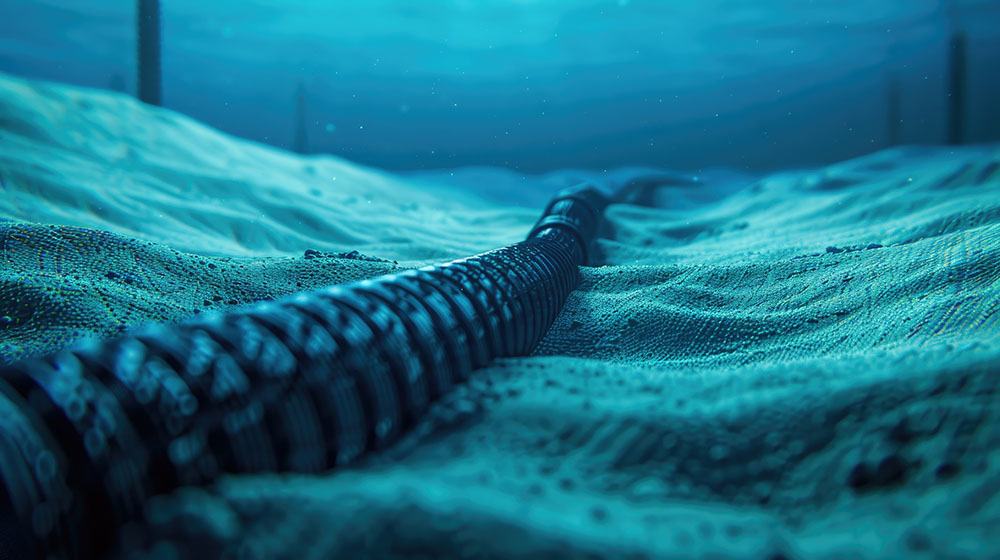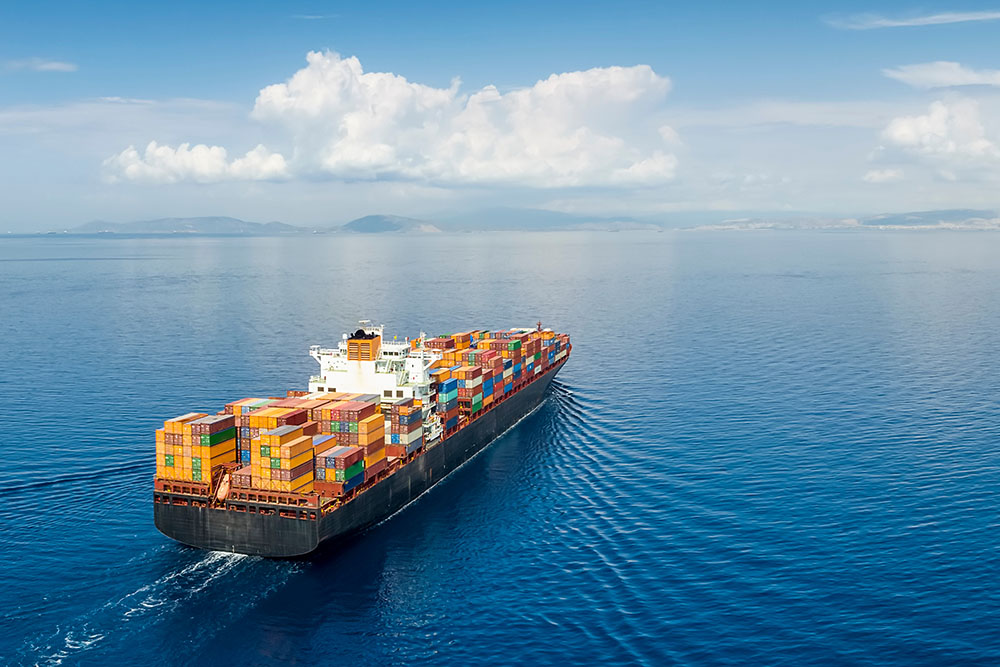It has been more than 3,000 years since the first recorded naval battle, the Battle of the Delta, took place near the shores of the river Nile where Ancient Egyptians fought off a naval invasion combining actions from both the sea and land. Since then, naval warfare, and maritime security and strategy more generally, has remained a cornerstone of national and regional security, stability and prosperity.
In times of peace, ensuring the freedom of navigation and the protection of marine biodiversity are fundamental norms and principles of the international system. The naval domain also plays a critical role in protecting international peace and security via naval arms control and specific operations designed to enforce arms embargoes and counter specific threats such as terrorism and piracy. In times of conflict, acquiring and retaining control over the seas, or denying the adversary such control, and the ability to project and sustain force overseas have often been the decisive factor between losing and winning.

Yet, the international security community has not engaged in sustained and structured discussions on contemporary maritime security. While the international community has been united under a common strategy in addressing threats such piracy off the coast of Somalia or in the Gulf of Guinea, these efforts remain primarily local and ad hoc and fall short from providing more comprehensive sustainable solutions, as demonstrated by the current situation in the Red Sea.
For months, the Houthi movement has attacked commercial vessels passing through the Red Sea – one of the busiest shipping lanes in the world.
Naval operations by the Combined Maritime Forces, the European Union, but also India and China aim at protecting trade from these attacks. Yet, ships continue to be damaged. Many shipping companies re-route their vessels to sail around the Cape Horn.
The attacks, however, are not only about money, shipping and trade. They show how interwoven the maritime space and its security are: coastal development, marine biodiversity, the safety of life at sea, and even digital connectivity are at stake, too.
The most dramatic incident in the Red Sea to date has been the sinking of the bulk carrier Rubymar in early March 2024. This event demonstrates very clearly the complexity of contemporary maritime security and the need for states to engage more meaningfully at the multilateral level on this important issue.
Severely damaged by missiles, the attacked Rubymar drifted in the Red Sea for several days. Salvage companies could not intervene because they feared coming under attack themselves.
The anchor of the drifting vessel damaged four underwater data cables that form part of the data superhighway on which internet connections between Europe and Asia depend. The result was a drop in connectivity in Asia.

The ship sank in shallow waters with 21,000 metric tonnes of fertilizer on board. An environmental crisis is predicted as the fertilizer leaks into the surrounding water. While the International Maritime Organization and the UN Environment Programme are working towards a salvage solution, if not addressed soon, the biodiversity in one of the richest marine ecosystems in the world is threatened.
An environmental disaster of this scale will have long term impact on the livelihood of coastal communities and destroy the local fishing and tourism industry with predictable destabilizing effects for the whole sub-region.
This and other Red Sea attacks reveal how complex and diverse maritime security is today with a very wide range of implications including, but not limited to, trade, digital connectivity, human security, sustainable development, particularly for coastal communities, and regional and international stability and security.
Many regional seas are today heavily industrialized spaces that economy and development increasingly depends on. Shipping has accelerated in the age of global supply chains. Offshore energy, including windfarms, is on the rise. The internet depends on the underwater cable system.
The threat landscape is constantly evolving, combining old and new threats. The proliferation of cheap drone and missile technology presents a new threat, as does the growing number of cyber-attacks targeting maritime infrastructure, assets and services. Maritime crimes – whether it is piracy, the smuggling of weapons, narcotics and people – and environmental crimes like illegal fishing undermine both security and sustainable development.
UNIDIR’s new maritime security project aims to provide critical knowledge and ideas that can enable the global international peace and security community to better address these issues. As a first step, in the coming months UNIDIR will release a first report providing a general overview of both longstanding and emerging challenges related to maritime security, thereby establishing a baseline understanding for the diplomatic community of this complex and multi-faced issue. This will complement more specific work already being conducted to explore, for example, the issue of subsea communication cables. In addition, UNIDIR is exploring the possibility of establishing a new series of annual convenings, the Geneva Dialogues on Maritime Security, in order to bring together a wide range of maritime security stakeholders and stimulate exchange of knowledge amongst them.


